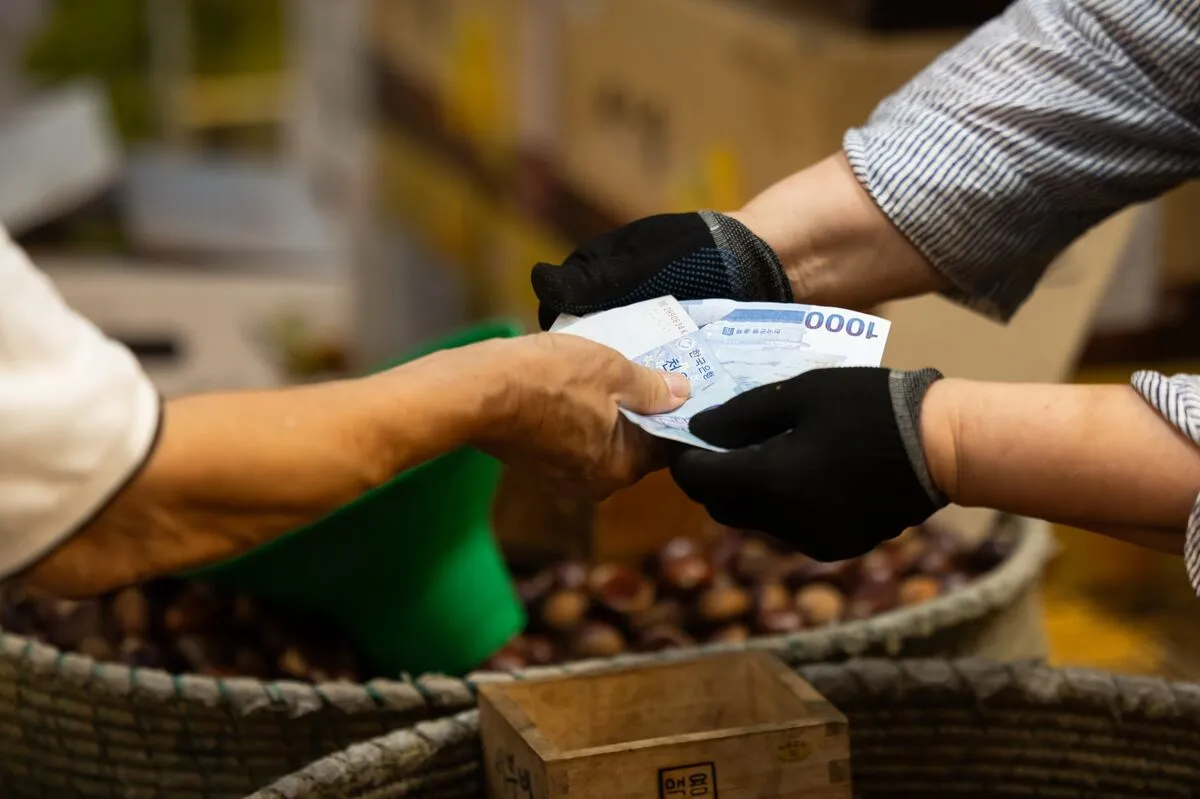«`html
South Korea’s Inflation Rises, Supporting Bank of Korea’s Decision to Maintain Interest Rates
In October, South Korea experienced a notable increase in consumer inflation, driven by a depreciating won that has contributed to rising energy and food prices. This uptick in inflation strengthens the argument for the Bank of Korea (BOK) to continue its current pause in monetary easing measures, particularly as it aims to stabilize a surging housing market.
The recent inflation data highlights how external factors, such as currency fluctuations, can impact domestic prices, emphasizing the need for careful monetary policy. As the BOK navigates its approach, the focus remains on balancing economic growth with inflation control. The central bank’s decision to hold interest rates steady is seen as a strategic move to prevent overheating in the housing sector, which has shown signs of rapid growth.
Analysts suggest that the current inflation trends may influence future policy decisions, with the BOK closely monitoring economic indicators to determine the best course of action. The interplay between inflation rates and the health of the housing market will be crucial in shaping the BOK’s monetary policy moving forward.
As South Korea continues to grapple with these economic challenges, the BOK’s commitment to maintaining stability will be vital in fostering a sustainable economic environment.
«`
Source: Original
